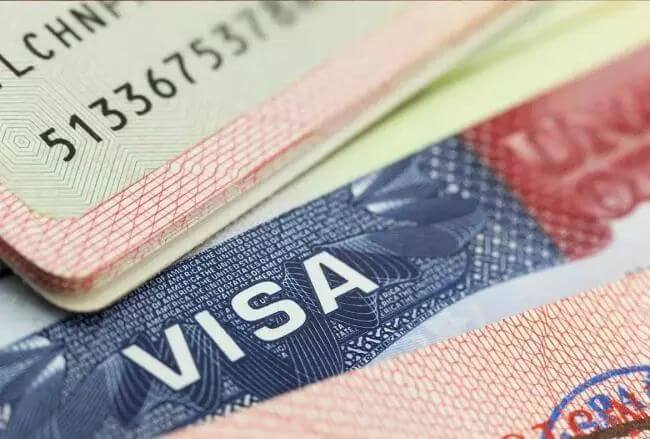
Two US lawmakers have introduced the H-4 Employers Protection Act in the US House of Representatives, a legislature that protects work authorisation of H-4 visa workers benefitting a large number of women including Indian-Americans.
Since the rule was implemented, over 100,000 workers, mainly women, have received employment authorisation. Lawmakers Anna G. Eshoo and Zoe Lofgren have also made the newly formed legislature prohibited from revoking by the Trump administration.
The news comes days after The Economic Times reported that the Department of Homeland Security (DHS) issued a notice for the proposed rule-making that will kick in public consultations to ban the H4 EAD (Employment Authorisation Document). The DHS had written that the American citizens would benefit "by having a better chance at obtaining jobs that some of the population of the H-4 workers currently hold".
However, in March 2018, Eshoo and Lofgren led 13 Members of Congress, in writing to DHS Secretary Kirstjen Nielsen, urging her to reconsider DHS's proposal to revoke eligibility for employment authorisation to H-4 dependent spouses.
As the H-4 visas are issued to the spouses of H-1B visa holders, a significantly large number of women who are also high-skilled professionals from India were majorly affected by the US government's immigration policies.
The economic burdens of families of many H-1B workers, particularly those who live in high-cost areas like Silicon Valley on a single income as they await green card approvals created major anxiety among many Indian-Americans.
The H-4 Employment Protection Act also prohibits the Trump administration from revoking the legislature as "H-4 visa holders deserve a chance to contribute to their local economies and provide for their families," said Eshoo.
According to an update in the United States Office of Information and Regulatory Affairs website on February 25, the U.S. Citizenship and Immigration Services (USCIS) proposed to remove from its regulations certain H-4 spouses of H-1B nonimmigrants as a "class of aliens eligible for employment authorization", labelling the move as "economically significant."
"H-4 visa holders deserve a chance to contribute to their local economies and provide for their families," Eshoo said.
"This is a matter of economic fairness and this legislation ensures it will continue," she added
H-4 visa holders had obtained work permits under a special order issued by the previous Obama administration in 2015. It allowed work permits to be given to spouses who otherwise could not be employed as the process for H-1B visa holders seeking permanent resident status would take a decade or longer for it to be officially sanctioned.
Since the H-1B programme offers temporary US visas that allow companies to hire highly-skilled foreign professionals working in areas with shortages of qualified American workers, Indian-Americans were a major beneficiary of this provision.
The United States Office of Information and Regulatory Affairs that falls under the Office of Management and Budget has oversight on all "Unified Agenda" policies to make sure they are cost effective. President Trump had provided the H-1B visa program back in 2017, a move that was perceived as a step towards his broader "America First" and "Buy American and Hire American" policies.
Lofren stated that nobody benefits from this system, least of all the American economy when H-1B dependent spouses are prohibited from working. "Many of these are accomplished and qualified individuals whose skills we'll lose to other countries unless the Administration finds a more sensible approach to immigration," she said.
(With inputs from news agencies)

















